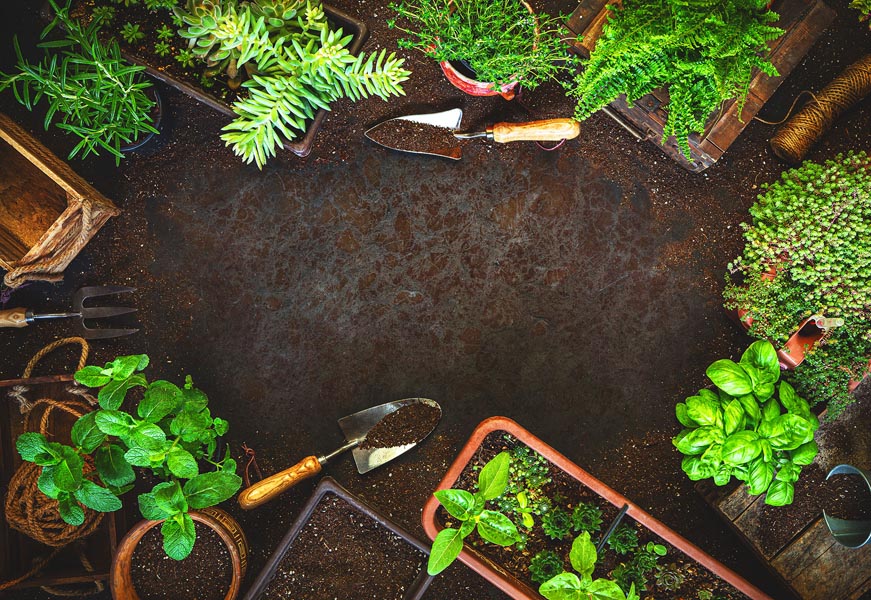As winter settles in, many gardeners might overlook one crucial aspect of their gardens: soil health. While the cold can freeze the ground, it doesn’t mean your soil should be neglected. In fact, winter is the perfect time to take steps to ensure your soil remains fertile and ready for spring planting.
Soil Health
Healthy soil is the backbone of any thriving garden. It provides essential nutrients, supports plant roots, and maintains moisture levels. Healthy soil is also teeming with life—earthworms, microorganisms, and fungi all contribute to its richness.
Winter Soil Maintenance
Maintaining soil health during winter offers several advantages:
- Nutrient Retention: Healthy soil retains nutrients better, ensuring they are available for your plants when they start to grow again.
- Improved Structure: Winter maintenance helps prevent soil compaction, preserving its structure and aeration.
- Reduced Erosion: Covering your soil reduces the risk of erosion from snowmelt and heavy rains.
Effective Strategies for Winter Soil Care
Here are some tried-and-true methods to keep your soil healthy during the cold months:
- Cover Crops:
Planting cover crops like clover or rye can protect your soil from erosion and improve its nutrient content. These crops help fix nitrogen in the soil and can be tilled under in the spring to enrich the soil.
- Mulching:
A thick layer of mulch protects the soil from freezing temperatures and moisture loss. Organic mulches, such as straw or wood chips, also break down over time, adding nutrients back into the soil.
- Composting:
Continue to add to your compost pile during winter. This organic material will decompose over time, enriching your soil when you apply it in the spring. Make sure to turn the pile occasionally to maintain airflow and speed up decomposition.
- Soil Testing:
Winter is an excellent time to test your soil. Understanding its pH, nutrient levels, and organic matter content will help you make informed decisions about amendments needed in spring.
- Avoid Soil Compaction:
Limit foot traffic on wet or frozen soil to prevent compaction. If you need to walk on your garden beds, consider using boards or stepping stones to distribute weight more evenly.
Protecting Soil Life
Soil health is not just about nutrients; it’s also about the living organisms within it. Here’s how to protect them:
- Avoid Chemical Fertilizers: Many chemical fertilizers can harm beneficial soil organisms. Focus on organic amendments like compost, which nourish both soil and its inhabitants.
- Maintain Moisture Levels: Dry soil can lead to the death of beneficial microbes. If possible, water your soil lightly before a freeze, as moisture helps protect soil life.
Conclusion
Maintaining soil health during winter is crucial for a productive garden. Remember, healthy soil leads to healthy plants, and investing time in winter soil care will pay off in the vibrant blooms and bountiful harvests of spring. So, embrace the winter months as a time for preparation and nurturing—your garden will thank you!



